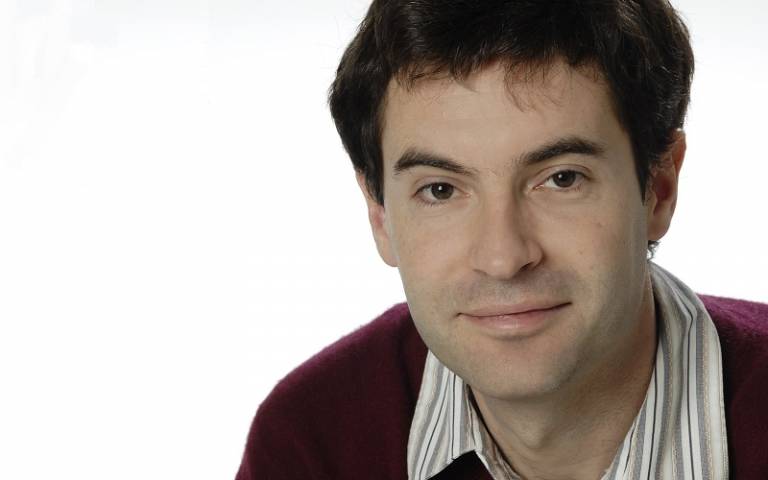Structural Power in Global Governance
26 February 2019
An interview with Jason Sharman, Sir Patrick Sheehy Professor of International Relations in the Department of Politics and International Studies at Cambridge University.

What does your own research on global governance currently focus on?
I work on money laundering, corruption and tax havens. Basically, these are classic borderless problems. As the financial system has globalised, so too has financial crime. Money flows have become increasingly intangible and this poses problems for global governance in particularly stark and difficult (but hopefully interesting) ways.
What is the biggest ‘blind spot’ of global governance research?
I think global governance has historically not talked enough about power and – to a certain extent –that is still true. This is certainly not a new criticism but I think global governance still has this idea of a ‘happy story’: people coming together to solve shared problems. While in part true, this narrative has led to a neglect of power. We need to pay more attention to the fact that some actors win a lot more than others and some are absolute losers of global governance processes.
And what kind of power would you say has been most insidious within global governance?
I think rather than just looking at ‘evil people doing evil things’ we need to pay more attention to structural power and its unintended (or semi-intended) consequences. That means looking at who is included and who is excluded from decision-making processes. When you have only a certain group of people in the room you will have outcomes which – surprise, surprise – are pretty good for those inside the room and often very bad for those outside. That does not need to happen on purpose or as part of a conspiracy but there are structural biases in how global governance is done and these are reflected in the results.
This interview was conducted by Alexandra Ming, MSc Global Governance and Ethics, at a research workshop on ‘Beyond Multilateralism: The Future of Global Governance’ on 12 February 2019.
Jason Sharman is the Sir Patrick Sheehy Professor of International Relations in the Department of Politics and International Studies at Cambridge University. He received his Ph.D. in political science from the University of Illinois at Urbana-Champaign in 1999, and his undergraduate degree in history and politics from the University of Western Australia. Previously, Sharman worked at American University in Bulgaria, the University of Sydney and Griffith University, and he has spent shorter periods as a visitor at St Petersburg State University, Columbia University and the London School of Economics. Sharman’s research interests range from the study of international corruption, money laundering and tax havens, to the global politics of the early modern world.
 Close
Close


